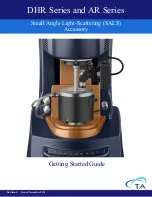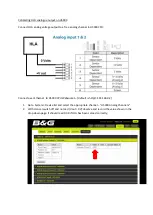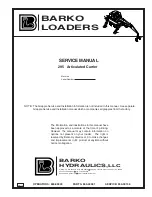
20
DAC-510E-EN-BF
If not needed for immediate use, the pad package can then be
stored in the pad storage slot in the back of the
DDU-100
AED.
After connecting the pads connector to the unit, push the pad
package, with the pictures on the package facing up and out,
rounded end first, into the pad holder compartment on the back of
the AED. When the pad pack is fully inserted, press the pad cable
into the groove in the back of the unit to hold it in place and tuck any
excess cable behind the pad package.
4.4.5 Applying Pads to the Patient
Correct pad placement is essential for effective analysis of the patient’s cardiac rhythm and
subsequent shock delivery (if required). Remove the pads from the pad package by tearing the
package along the dotted line near the top of the package. Remove the pads from the package
and follow the directions and diagram showing proper defibrillation pad placement located on the
defibrillation pad package. Peel off the protective backing from each pad before placing it as shown
on the picture on the pad. Peel the backing off only when the pad is ready to be placed. Place the
pads with the sticky side of the pad on the patient’s skin. Pad placement on infants or children
under 8 years is different than placement for adults or children 8 years or older. Place the pads as
shown in the diagram.
For adults and children 8 years or older use adult
pads:
Place one pad just below the patient’s right
collar bone as shown in the picture. Place the second
pad over the ribs on the patient’s left side below the
left breast, also as shown.
For infants and children under 8 use child/infant
pads:
Place one pad in the center of chest and back,
as shown.
Summary of Contents for Lifeline/ReviveR DDU-100
Page 2: ......
Page 3: ...iii DAC 510E EN BF...
Page 8: ...viii DAC 510E EN BF...
Page 24: ...16 DAC 510E EN BF...
Page 36: ...28 DAC 510E EN BF...
Page 48: ...40 DAC 510E EN BF...
Page 70: ...62 DAC 510E EN BF...
Page 72: ...64 DAC 510E EN BF...
















































